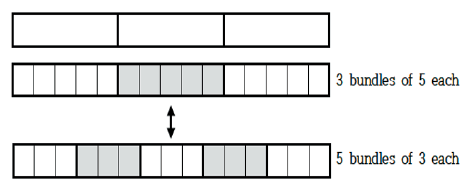Abstract
The purpose of this study is to explore how students' fractional knowledge is related to their solving of proportion problems. To this end, 28 clinical interviews with four middle-grade students, each lasting about 30∼50 minutes, were carried out from May 2021 to August 2021. The present study focuses on two 7th grade students who exhibited their ability to coordinate three levels of units prior to solving whole number problems. Although the students showed interiorization of three levels of units in solving whole number problems, how they coordinated three levels of units were different in solving proportion problems depending on whether the problems required reasoning with whole numbers or fractions. The students could coordinate three levels of units prior to solving the problems involving whole numbers, they coordinated three levels of units in activity for the problems involving fractions. In particular, the ways the two students employed partitioning operations and how they coordinated quantitative unit structures were different in solving proportion problems involving improper fractions. The study contributes to the field by adding empirical data corroborating the hypotheses that students’ ability to transform one three levels of units structure into another one may not only be related to their interiorization of recursive partitioning operations, but it is an important foundation for their construction of splitting operations for composite units.
Figures & Tables

Figure 1. Conducting a splitting operation for composite units to divide 3 by 5.
